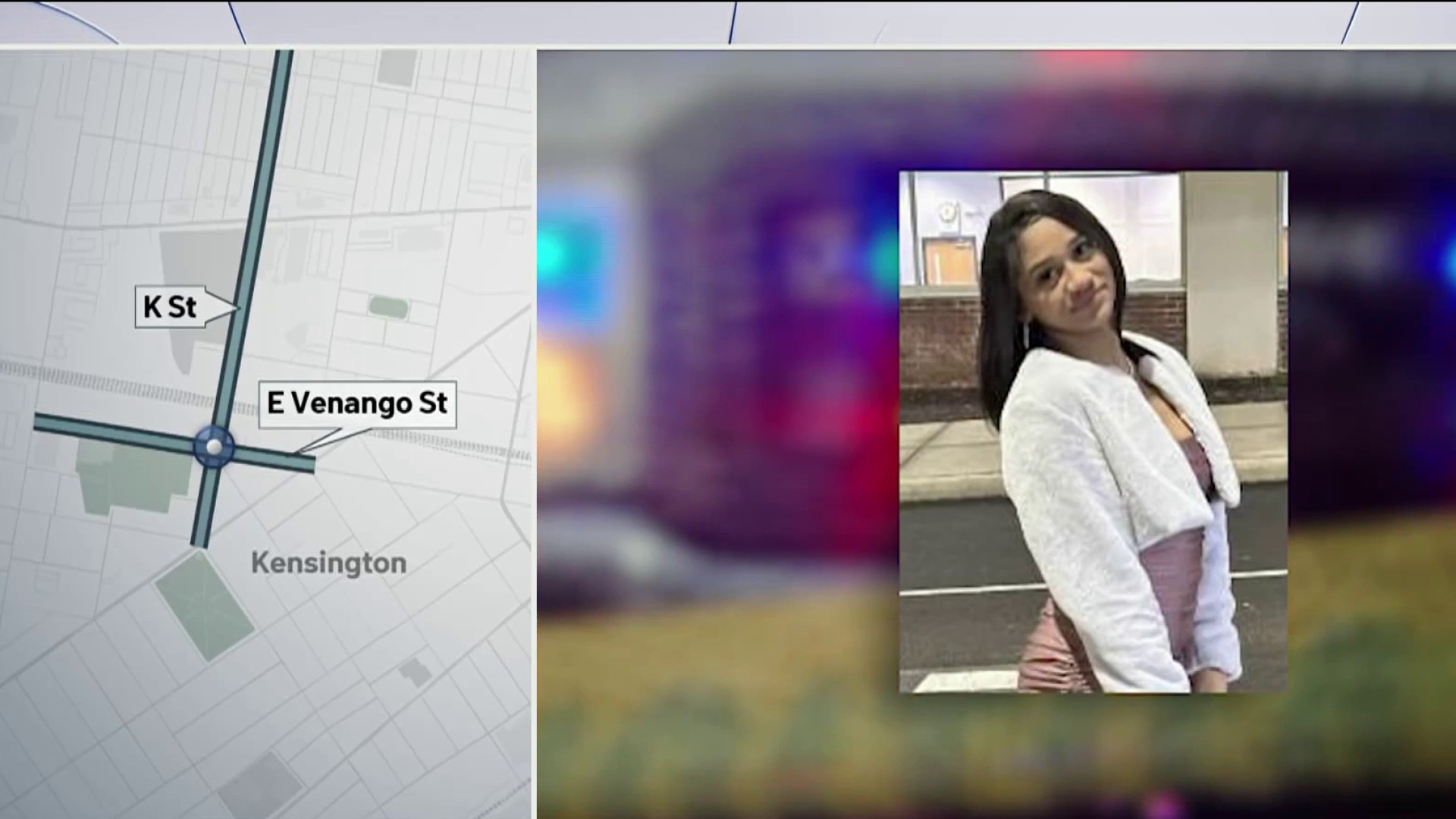In mid-June, hundreds packed into a Mount Airy church for Germantown High School's final graduation ceremony.
There were tears of joy and sadness, but also an obvious, yet important history lesson offered by Principal Emeritus Margaret Mullen-Bavwidinsi.
"There will be no other graduating class of Germantown High School. This is it. As far as we know, this is it," she told the more than 120 green-and- white-robbed students.
Two days later, the school closed for good after 99 years.
A new chapter in a new book, though, may soon be written inside the GHS building.
As reported by NewsWorks, Camelot Education, a for-profit education company, wants to move all three of its city programs to GHS' former home along Germantown Avenue.
Who's the new prospective tenant?
Local
Breaking news and the stories that matter to your neighborhood.
The Texas-based outfit specializes in alternative education. In the city, Camelot works with Philadelphia School District students who are either in danger of dropping out, need to catch up on their academics, or have behavioral issues.
Camelot currently operates Excel Academy North and Excel Academy South in Northeast Philadelphia and Camelot Academy in North Philadelphia.
Excel Academy North and Excel South are what the company calls accelerated schools, which serve "near dropouts" who need a substantial number of credits to graduate high school. Students attend the school voluntarily.
Camelot Academy is what's known as a transitional school and serves middle-school and high-school students who were removed from traditional schools for disciplinary infractions.
Students are expected to transition back to a regular school.
If approved, Camelot will lease Germantown's hulking, four-story building from the district, a longtime partner. It's unclear at this point for how long.
The site is expected to house between 400-800 students from around the city. Roughly two-thirds of them would be accelerated students. The remaining third would be transitional students.
School would start in September.
They need community support
District officials say the deal is far from done. If the community can't get behind the proposal, Camelot may face an uphill battle.
"Nothing has been put into stone," said Deirdre Darraugh, a district spokesperson.
The scenario puts some pressure on a public meeting set for July 24 inside Janes Memorial United Methodist Church, which sits just steps away from GHS.
It'll be Camelot's first, and possibly only, chance to explain its plans for the historic building and make a good impression.
District officials and local lawmakers are expected to attend the two-hour meeting, scheduled to start at 6 p.m. on Wednesday.
What neighbors say
The tenor of the evening will likely be a mixed bag.
Some residents who NewsWorks spoke with flat-out rejected Camelot's proposal, others expressed reserved optimism and still others are walking somewhere in between.
Rev. LeRoi Simmons, one of the neighborhood's unofficial powerbrokers, was among a small group of community stakeholders who met with a handful of Camelot officials during a private meeting earlier this month.
Afterwards, he said he prayed on the matter and eventually decided that he couldn't endorse an alternative school. His reasons are myriad, but much of it boils down to community and the still-sharp sting of Germantown's closure.
"It's not going to capture any of the students that are being displaced. It's not going to capture any of the staff that's being displaced. It's not going to fulfill the ongoing legacy of a school that's 99 years-old, going into its 100th year," said Simmons.
Simmons doesn't want to see Germantown's building sit abandoned and he'd like to see the property used for education. And he's not opposed to Camelot as a company.
But, for Simmons, Camelot's concept doesn't sound like it would add value to Germantown.
"It's like a beautiful puzzle piece, but it doesn't fit," said Simmons. "It's for a different puzzle. We've been settling for a long time."
GHS alum Doug Tolbert shared some of Simmons' concerns, but said he wants to hear more before he makes a final call.
"If they tell me what I want to hear, I could be on board 100 percent," said Tolbert, who tirelessly advocated for his alma mater to stay open.
Tolbert is worried about the GHS legacy. While he doesn't flat-out oppose the idea of Camelot coming to town, he can't support the initiative if the company wants to continue Germantown's history under a new name.
He'd rather see the building remain vacant.
"The Germantown name becomes synonymous with last stop," he said.
Local businesses react
The economic impact of an empty school building would be a major blow to some area businesses. As the final weeks of the school year approached, many said they would take a hit from an expected drop in foot-traffic.
Employees at some shops said the GHS community comprised nearly 75 percent of their business.
Mark Lightfoot, who owns the Philadelphia Hair Company on Germantown Avenue, stares out at a vacant YWCA building every day of the week. He doesn't want to add another blighted property to the landscape. He said that would hurt his business and bruise people's perceptions of the neighborhood.
"I don't know if I would fight an alternative school as opposed to it sitting vacant," said Lightfoot, who also lives above the shop. "It probably wouldn't be your first choice or even your second, but it's better than zero."
Camelot hopes to connect
Todd Bock, Camelot's CEO, hopes there are more than a few Mark Lightfoots in the room next Wednesday. But he said he also wants the community to be on board with what will happen inside the building as well. He's confident they will.
"People hear alternative education and they think really bad things, but that's not what this program is all about," said Bock.
"We have an outstanding track record of running great programs," he said. "That's not going to change whether we're in Germantown or in Juniata Park or in the Northeast."
During the 2012-2013 academic year, Excel North and Excel South had 92 and 90 percent graduation rates respectively.
Bock said Camelot needs to collapse its programs under one roof as a result of budget cuts. The current financial squeeze going on in the Philadelphia School District is, in turn, affecting Camelot's operation in the city.
In the past, Bock said the district paid out $10,100 per Camelot student. That figure currently sits at $8,750 per pupil.
"That 16-percent reduction comes down to facility costs," said Bock.
The district's "charter blended rate" — a reflection of what the district pays for a special education student and a regular education student to attend a charter school — is $10,452.
The district lays out $12,620 per pupil at its traditional, non-charter schools.
The math left Camelot looking for a new home.
The company is interested in Germantown, said Bock, because it's centrally located to the neighborhoods Camelot serves.
Camelot recently signed a new three-year contract with the district. Bock acknowledged that it's possible the school would only lease Germantown's building for a single school year, though he's hoping it'll be longer.
"We're trying to find an amicable way to make this work based on the dollars that can go around," he said.
This story was reported through a news coverage partnership between NBC10.com and NewsWorks.org



